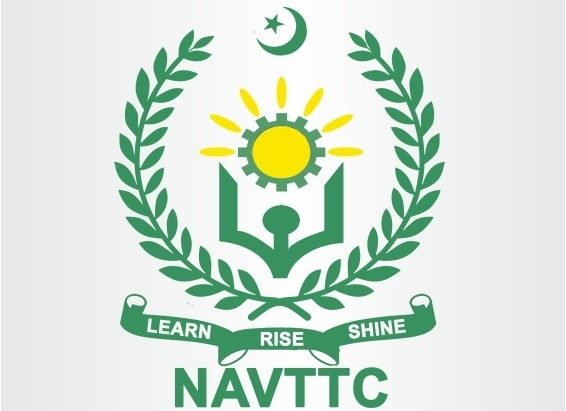ISLAMABAD, Dec 9 (APP):The National Vocational and Technical T
raining Commission (NAVTTC) on Monday hosted the 3rd National TVET Coord
ination Committee (NTCC) meeting with the goal of uniting stakeholders from both the supply and demand sides of the technical and vocational education and t
raining (TVET) sector.
This platform, established on the directive of SIFC, was designed to foster collaboration, evaluate progress, and chart the course for a more integrated and responsive TVET ecosystem in Pakistan, said a press release.
T
he meeting was chaired by Executive Director of NAVTTC Muhammad Aamir Jan, t
he meeting provided a valuable opportunity for dialogue among all stakeholders.
T
he meeting also served as a platform to announce the launch of six DAE CBT Level 5 qualifications and 20 Vocational CBT Level 2-4 qualifications, underscoring NAVTTC’s commitment for enhancing workforce readiness. Discussions centered on regulatory advancements, including revisions to the National Vocational Qualifications Framework (NVQF) and the introduction of licensing regimes for teachers and assessors.
The gathering was further enriched by updates from provincial TEVTAs, highlighting their progress toward achieving inter
national accreditation and their efforts to align t
raining standards with global benchmarks.
Representatives from the Chambers of Commerce and Industry shared their insights. All stakeholders gave their inputs regarding the Prime Minister’s special interventions for industrial cluster-based t
raining, new trades, and expanded institutes for 2024-25.
Speaking on the significance of this collaborative approach, Aamir Jan remarked, “The purpose of this meeting is to bring
all TVET stakeholders to the table to create a unified vision for the sector. “By bridging the gap between the supply of skilled labor and the demand for it in the market, we are building a foundation for a resilient and thriving workforce. Together, we can ensure that Pakistan’s youth are equipped with the tools they need to succeed in a globalized
economy.”
